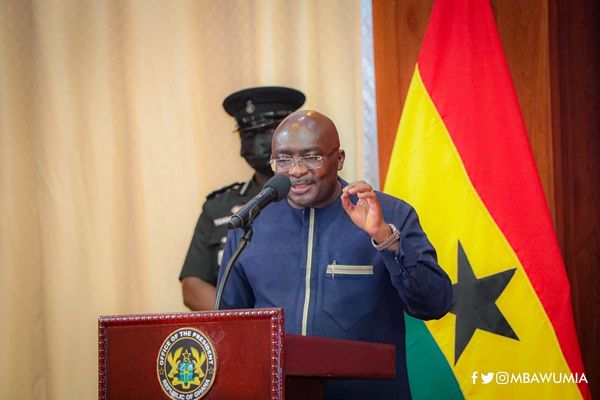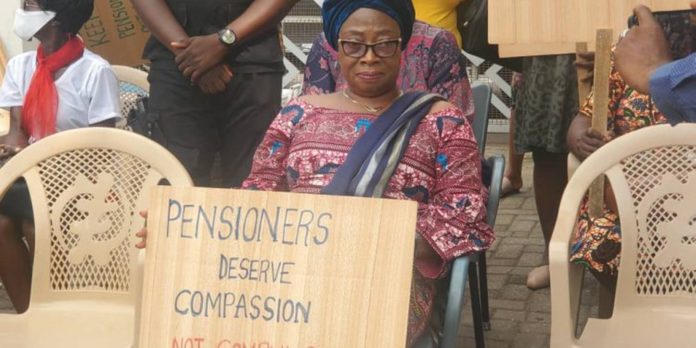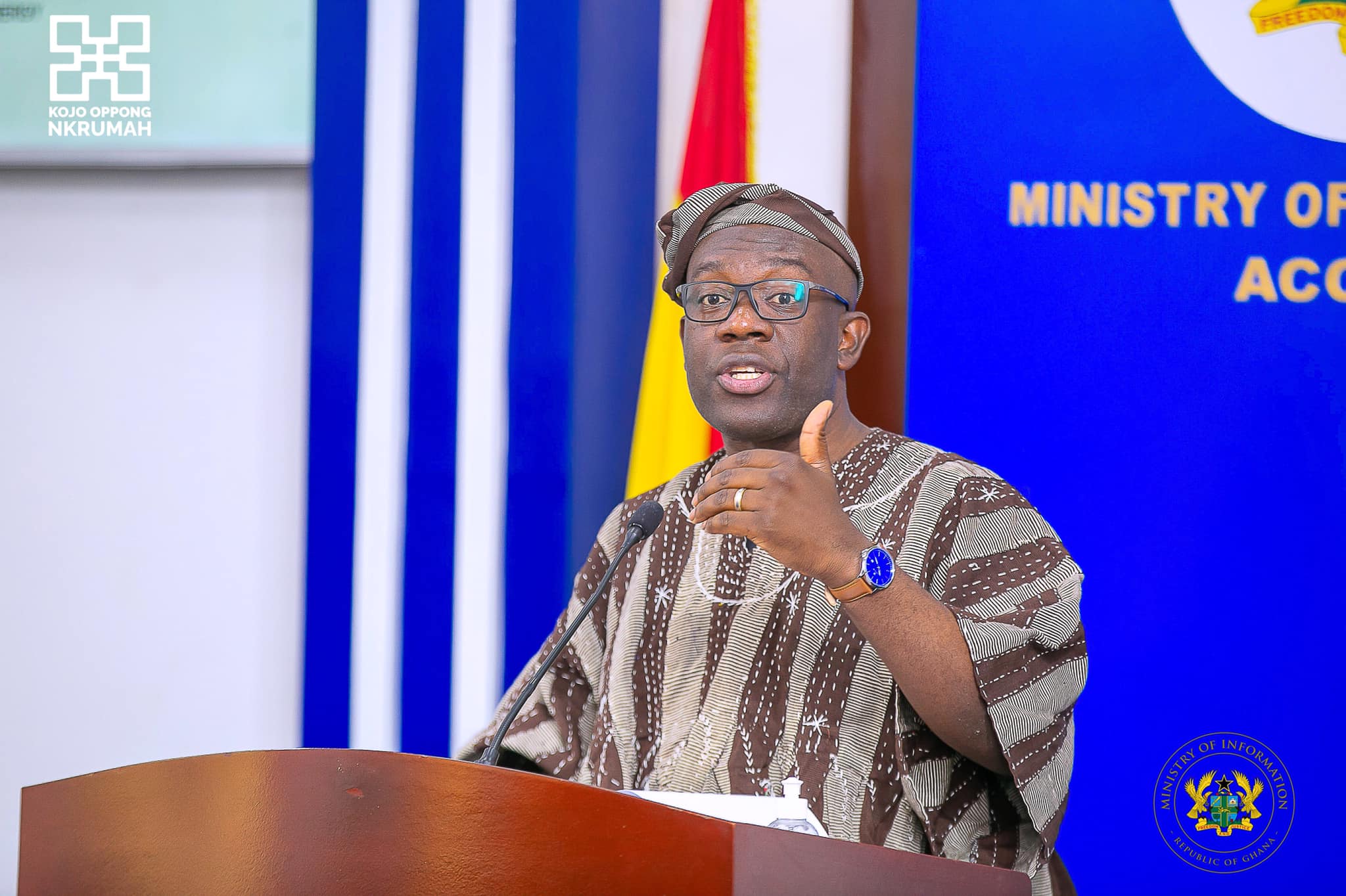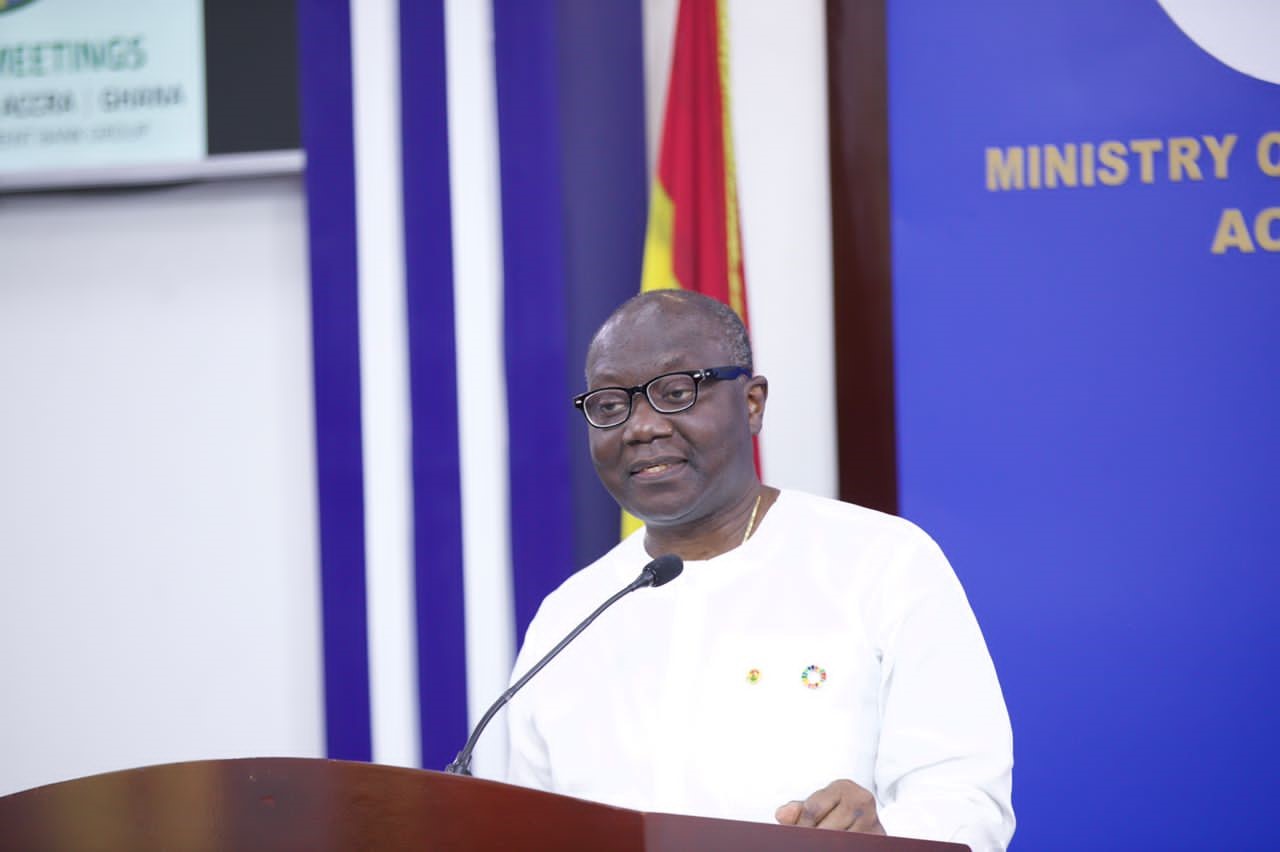IMF Cites Domestic Factors For Inflation In Ghana
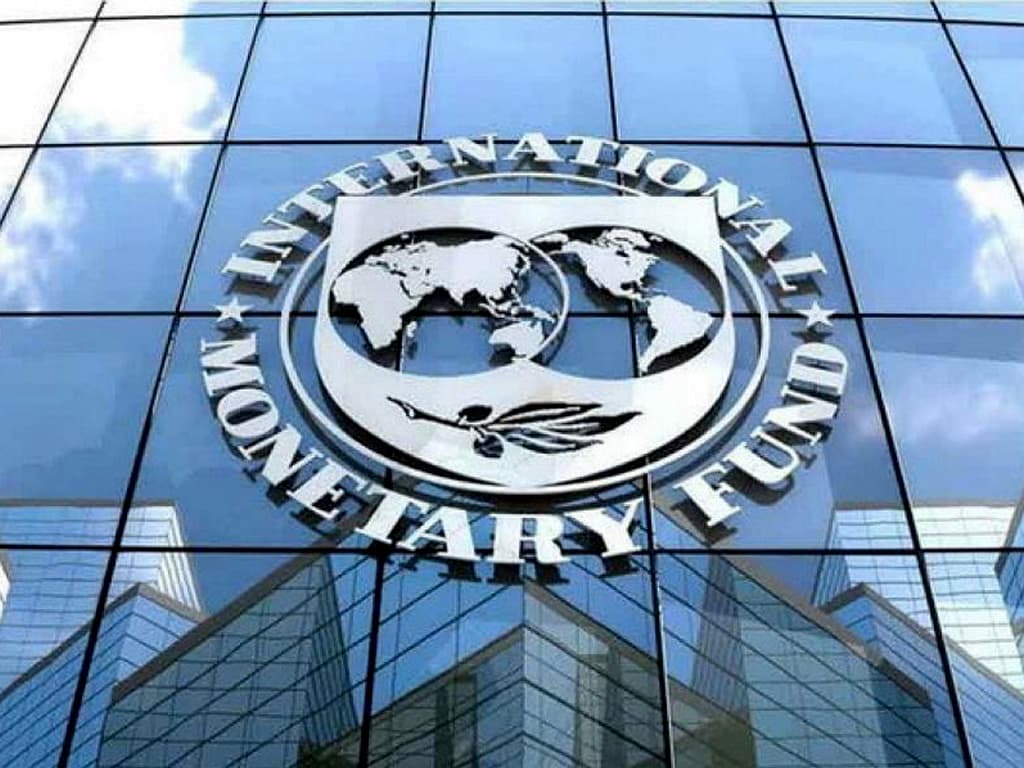
The International Monetary Fund (IMF) has taken a partial u-turn on its stance on the economic downturn in Ghana.
At a press conference, the African Director of the IMF, Abebe Selassie said, when it comes to inflation exogenous factors have very little to do with it.
In September, the Managing Director of the Fund, Kristalina Georgieva ruled out bad policies as a cause for the ailing economy of Ghana.
According to her, the downturn was the resultant effect of the Russia-Ukraine war and the COVID-19 pandemic.
“Like everybody on this planet, you have been hurt by exogenous shocks. First the pandemic then the Russia-Ukraine war and what we need to realise is we need to realise it’s not because of bad policies in the country but because of this combination of shocks”, she told the media.
But Abebe says after analysis, it found otherwise.
“On inflation, I mean, again, there are always trade-offs when you’re doing, policy calibration, and so in our regional economic outlook, we are very careful to flag that there are some countries where inflation has clearly been driven more by domestic factors than exogenous factors. I think Ghana would fall in that camp”, Joy News quotes him as saying.
The Akufo-Addo-led government, however, holds that the cedi depreciation and inflation are due to external factors.
“All through this year, the barrel price of crude oil has been over 100. I think recently it came back to over 90. The impact of prices on our budget is obvious. Arithmetic will tell you it has a major impact on our budget.
“You take that away and you look at other indices of what is happening in the world as a result of this unnecessary invasion of Ukraine by Russia. We import fertilisers….the war meant a huge escalation of prices in the prices of fertilisers across the world not just for Ghana. Freight rates, you are talking about the cost of importing things. Unfortunately…we are still a very much import-driven economy.
“All these factors-freight rates, fertilisers, commodity prices. We are talking about five-time increases in certain essential materials in the world. Definitely, it’s going to have a major impact on your balance of payments, your budget, and your ability to finance your budget. These are the difficulties that our economy has fallen into”, President Akufo-Addo said in an interview on Monday.
Ghana’s inflation rate stands at 37.2% according to the Ghana Statistical Service (GSS).
Source: opemsuo.com/Hajara Fuseini




